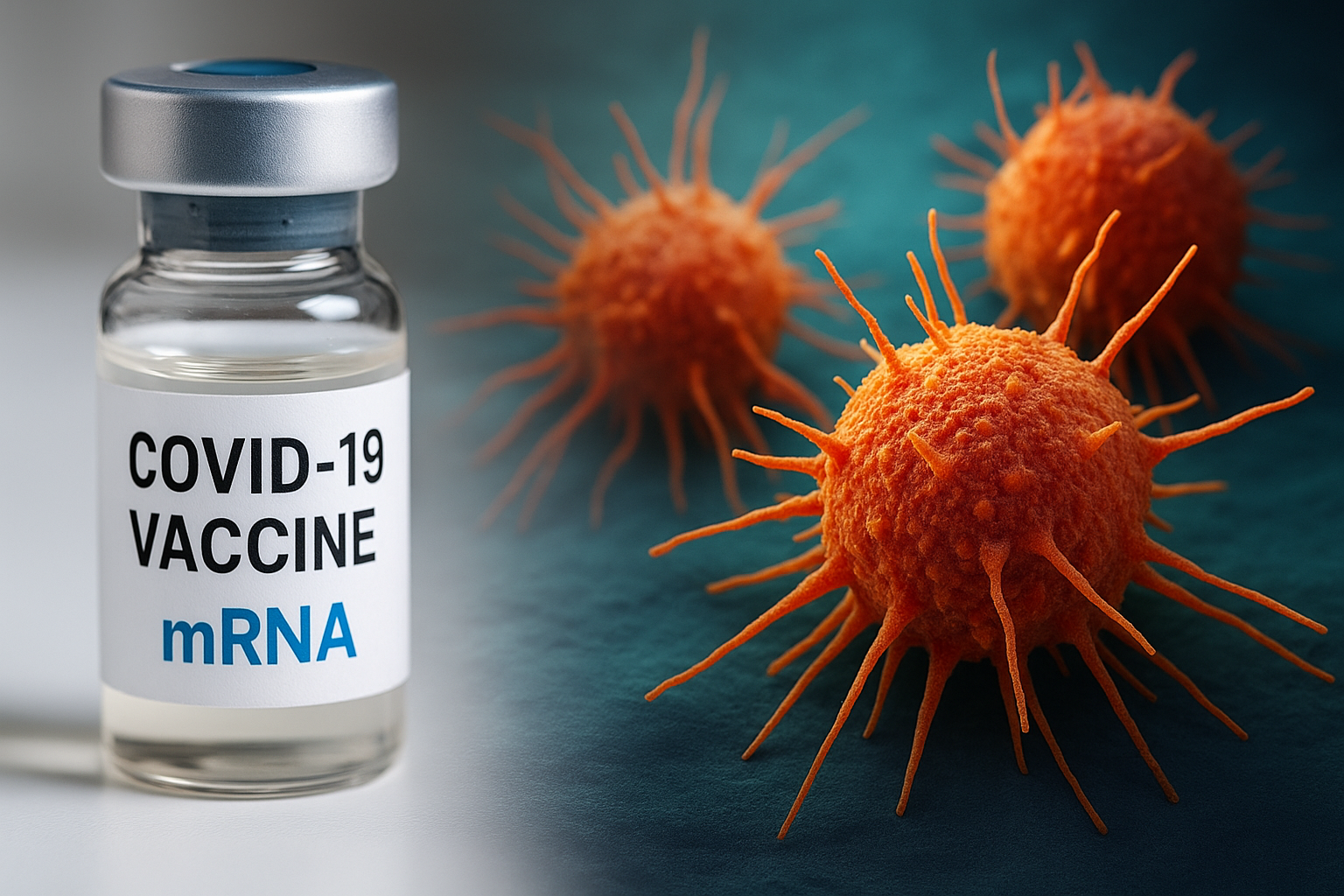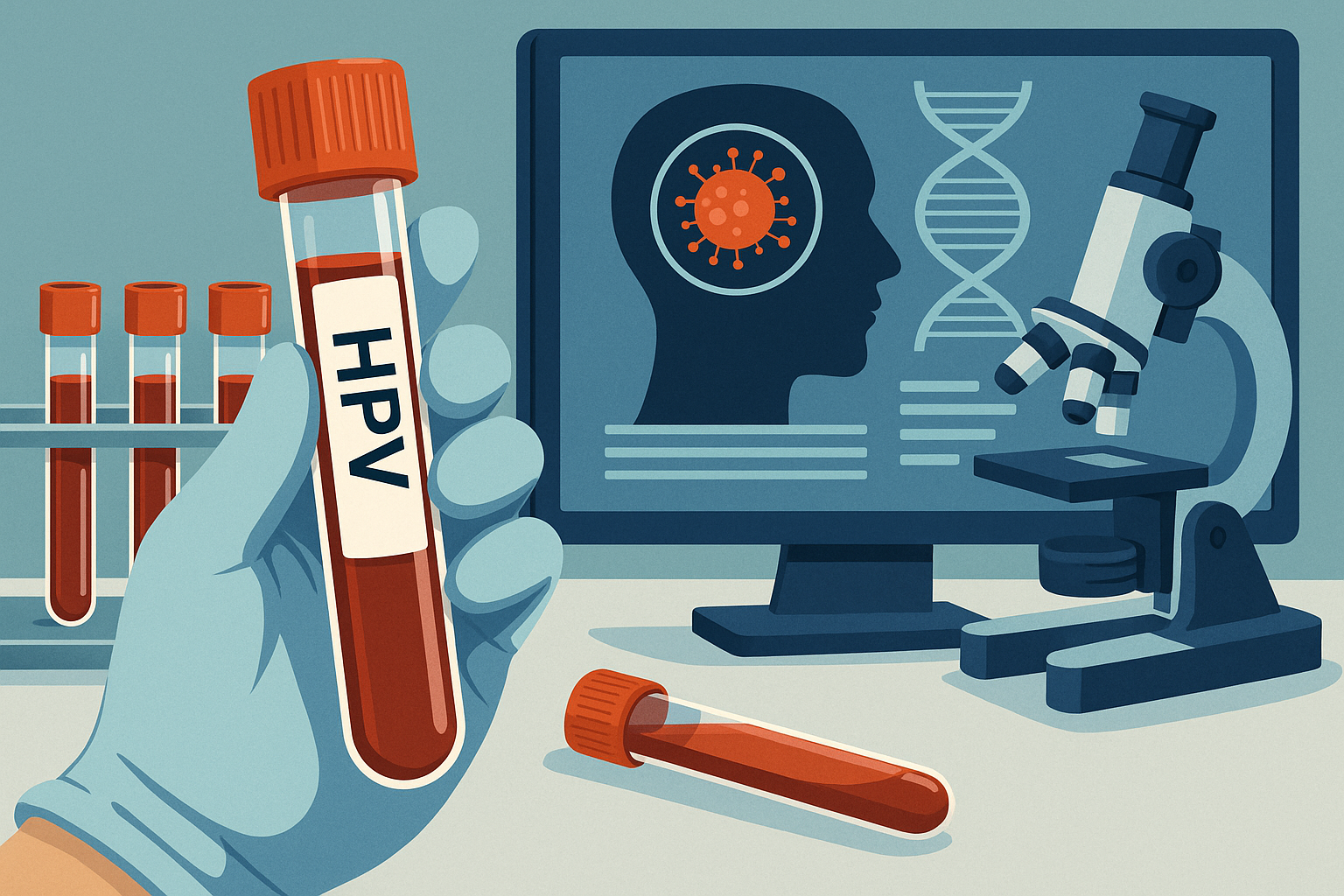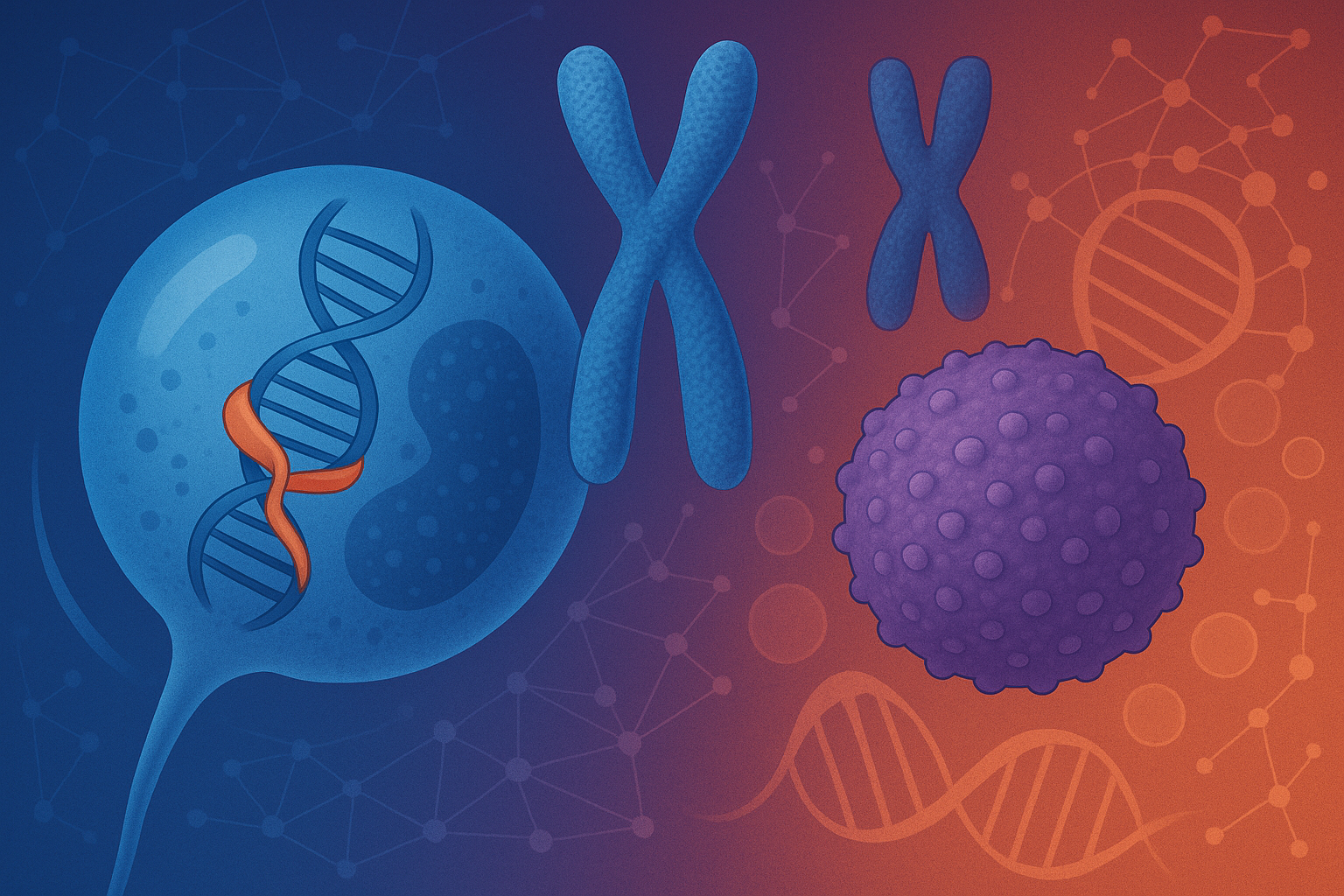
From Abu Dhabi to the World: AI in Healthcare Powers Early Detection of Alzheimer’s
Abu Dhabi – In a world where nearly 75% of dementia cases go undiagnosed, a promising breakthrough in medical artificial intelligence is emerging from the UAE. Salma Hassan, top graduate of the Mohamed bin Zayed University of Artificial Intelligence (MBZUAI) Class of 2025, is leveraging the power of AI in medicine to transform early diagnosis and care for Alzheimer’s disease.
Harnessing AI Technology in Healthcare: Multimodal Graph Learning
Graduating with a Master’s in Machine Learning, Hassan focused her thesis on multimodal graph learning, an advanced method that combines various data sources for improved diagnosis. Her research is a powerful example of how AI and healthcare are intersecting to address overlooked areas like dementia and Alzheimer’s.
“Every three seconds, someone is diagnosed with dementia – yet most cases remain undetected,” said Hassan. “I saw a real opportunity for medical AI to close this diagnostic gap”.
Merging Brain Scans With Genetic and Clinical Data
To tackle this issue, Hassan developed models that integrate brain scans, genetic information, and clinical histories. This approach enhances AI medical diagnosis by distinguishing between different types of dementia—essential for selecting effective treatments.
“It’s incredibly difficult to tell dementia subtypes apart clinically,” she explained. “But with artificial intelligence in healthcare, we can model the complex relationships between data and deliver more precise results”.
Predicting Cognitive Decline Before It Happens
Beyond diagnosis, Hassan’s AI models are trained to predict cognitive deterioration even before symptoms appear. This application of AI in healthcare could revolutionize how doctors approach early intervention and long-term care.
Clinical Decision Support for Global Impact
A key goal of her work is to create AI medical diagnosis tools that support doctors, especially in regions with limited access to neurologists. These clinical decision support systems are designed to be both accurate and easy to use.
“I want to build solutions that help clinicians, not replace them,” she said. “There’s massive potential for AI in medicine, especially in underserved communities”.
A Lifelong Passion for AI in Medical Applications
Originally from Egypt, Hassan discovered her passion for AI in healthcare while building a brain-computer interface (BCI) in virtual reality during her undergraduate studies. That project, aimed at helping stroke patients regain movement, set her on a path to apply AI to solve real-world health challenges.
Recognition and Future Plans
Supervised by Dr. Mohammed Yaqub, her research has been published in Nature Scientific Reports and featured at leading conferences like ICIP and MICCAI, showcasing the rising impact of medical artificial intelligence on global healthcare.
Now, as she prepares to begin her PhD, Hassan plans to explore how genetic markers can further enhance the early detection of dementia.“This is just the beginning,” she said. “We’ve only scratched the surface of what AI in healthcare can do”.







Leave a Reply